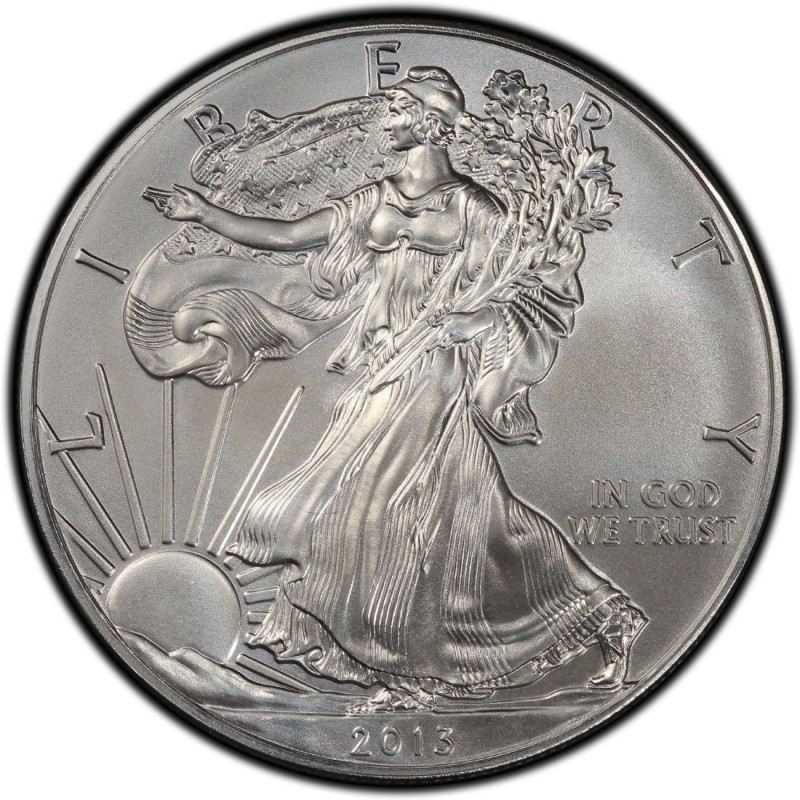The word vaccine was derived from the Latin. Jenner is often cited as the father of immunology and his work is said to have saved more lives than the work of any other human.
 Smallpox And The Story Of Vaccination Science Museum
Smallpox And The Story Of Vaccination Science Museum
Jenner was apprenticed to a local surgeon at 14 and after 9 years he went training under the prominent surgeon John Hunter in London.

How did edward jenner find the vaccine for smallpox. For thanks to Jenner. Some decades before Jenners work US. Portrait of Edward Jenner.
Founder Ben Franklin decided not to. On vaccination against smallpox is edward jenners publication of his research into creating the smallpox vaccine. An explanation had to wait for the science of bacteriology to develop at the end of the 1800s.
Jenner subsequently proved that having been inoculated with cowpox Phipps was immune to smallpox. Told in the first person and brought to life with a. Clinical practice proved Jenners vaccine successful but neither he nor anyone else knew why it worked.
Vacca is Latin for cow the source of the cowpox material that Jenner and others used to inoculate against smallpox. He is the son of a vicar. One key component in the fight against this disease was the smallpox vaccine.
He had observed that milkmaids who recovered from cowpox a much milder illness seemed to also develop an immunity to smallpox. When in 1788 a smallpox outbreak hit. Nevertheless Jenner realised that his smallpox vaccine the name derived from the Latin for cowpox vaccinia had the potential to transform medicine and save lives.
Edward jenner was born in 1749 and died in 1823. After his training and apprenticeship in London Jenner set up a general. Jenner used coxpox to vaccinate against smallpox Credit.
The smallpox vaccine introduced by Edward Jenner in 1796 was the first successful vaccine to be developed. Whose medical advances have saved countless millions of lives. English physician and scientist Edward Jenner was born on this day in 1749.
On May 14 1796 Jenner took fluid from a cowpox blister and scratched it into the skin of James Phipps an eight-year-old boy. Edward Jenner developed a vaccine for smallpox in 1799. Alamy 14 May 1796 Edward Jenner discovered the smallpox vaccine T wo hundred and twenty years ago today Edward Jenner administered the.
He submitted a paper to the Royal Society in. The French scientist Louis Pasteur 18221895 believed that germs microorganisms were responsible for infectious diseases such as smallpox. Edward Jenner 1749 1823 Famous scientist Discovering Biology 7 -Chapter 42 Edward Jenner 1749 1823 was a British doctor.
This Day in History. But of nations the world over. Cowpox did not occur widely and doctors who wanted to test the new process had to obtain cowpox matter from Edward Jenner.
Scientific advances during the two centuries since Edward Jenner performed his first vaccination on James Phipps have proved him to be more right than wrong. When Edward Jenner invented the smallpox vaccine in 1796 by taking fluid from a cowpox vaccine and scratching it on to the skin of a young boy he was building on Wortley Montagus discovery. Edward Jenner tells the story of his life and how he discovered how to vaccinate people against smallpox.
The eradication of smallpox was declared by the World Health Organisation in 1980. The discovery and promotion of vaccination enabled the eradication of smallpox. Jenners newly proven technique for protecting people from smallpox did not catch on as he anticipated.
One reason was a practical one. Edward Jenner Advising a Farmer to Vaccinate His Family c1910. The germ theory of disease the discovery and study of viruses and the understanding of modern immunology tended to support his main conclusions.
The surgeon Edward Jenner 17491823 has been described as the pioneer of the smallpox vaccine. But he also knew he would. In the same year in Russia Catherine the Great bestowed the name Vaccinov to the first child to receive the vaccine.
Edward jenners great gift to the world was his vaccination for smallpox. Edward jenner english surgeon and discoverer of vaccination for smallpox. The process was named vaccination from the Latin for cow vacca in Jenners or Blossoms honour.
By drawing lymph from cowpox pustules on human skin Jenner created a humanized cowpox vaccine. He observed that milkmaids who previously had caught cowpox did not catch smallpox and showed that inoculated vaccinia protected against inoculated variola virus. A single blister rose up on the spot but James soon recovered.
He was born in the small village of Berkeley in Gloucestershire England. Not only those of ordinary people who queued through the streets to receive a free smallpox vaccine from a relatively unknown country doctor. Jenner pioneered the concept of vaccines including creating the smallpox vaccine the worlds first vaccine.
Yet never has it been more important to tell the story of the self-effacing large-hearted brilliant pioneer who was Edward Jenner. In an age when infection was not understood cowpox samples often became contaminated with. In Jenners time smallpox.











